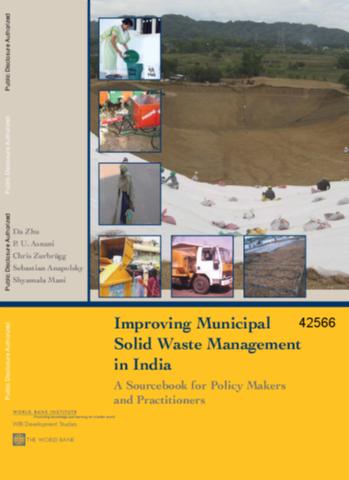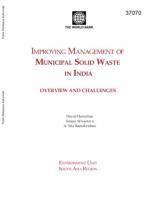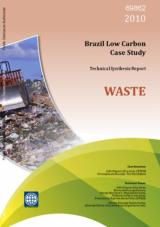
-
Country/City
India
-
Topics
Technology, Management, Recycling, Disposal, Urban Planning
-
Published On
January 24, 2008
-
Author(s)
The World Bank, Da Zhu, P.U. Asnani, Chris Zurbrügg, Sebastian Anapolsky, Shyamala Mani
Human activities create waste, and the ways that waste is handled, stored, collected, and disposed of can pose risks to the environment and to public health. Solid waste management (SWM) includes all activities that seek to minimize health, environmental, and aesthetic impacts of solid waste. In urban areas, especially in the rapidly urbanizing cities of the developing world, problems and issues of municipal solid waste management (MSWM) are of immediate importance. This book addresses the problem by focusing on India. A country such as India, with its high economic growth and rapid urbanization, requires immediate solutions to the problems related to mismanagement of urban waste. City managers are actively trying to understand the problem and are seeking effective ways of intervening. They realize that such interventions are essential to improving the quality of their cities and to reducing adverse health and environmental impacts. For cities to be sustainable and to continue their economic development, they must be clean and healthy. They need to improve their SWM systems by adopting good collection coverage, appropriate transfer methods, and healthy disposal practices.



